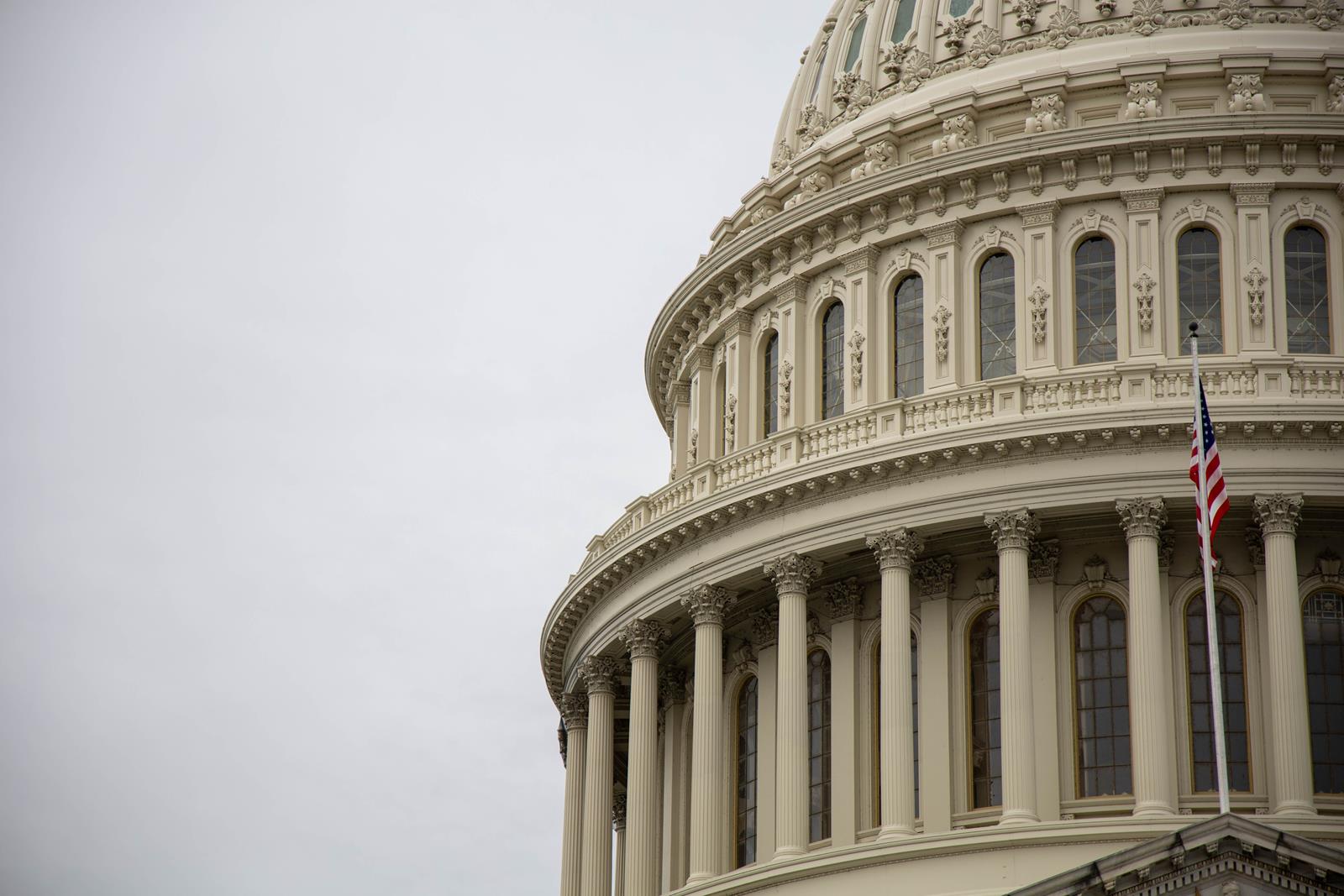Political science is the scholarly basis for knowledge of how power functions in society, not just regarding government systems and election cycles. Students in a political science curriculum learn the ideas of governance, political institution behavior, and the dynamics between state and citizen. Beyond these basic teachings, however, political science courses aim to develop analytical thinking, civic responsibility, and the ability of students to critically examine political institutions. These courses help students be better knowledgeable and involved participants in democratic life whether they are in high school, college, or higher education. The goals go beyond rote learning to include the formation of intelligent viewpoints on justice, politics, and world events by means of a blend of theory and pragmatic analysis.
Developing Analytical and Critical Thinking Skills
Development of excellent analytical and critical thinking abilities is one of the main goals of a political science course. Students come to wonder not just what governments do but also why they do it, who benefits, and at what cost. By means of political theory, systems, and behavior, students are equipped to analyze intricate political problems logically and precisely. This include reading laws, understanding foreign policy, and evaluating legislative results.
Students of political science also learn how to assess sources, spot bias, and make reasonable deductions from data. These are critical abilities at a time when false information is so common. Students develop in their ability to separate truth from opinion and create reasonable arguments. Critical political thinking results not just in academic accomplishment but also in more responsible citizenship and political process involvement.
Understanding Governmental Structures and Functions
Any political science course has as its fundamental objective making sure students grasp the workings of many forms of governance. This include studying how political institutions operate at local, national, and international levels as well as learning about several kinds of governance—democracy, authoritarianism, monarchy, and others. Students are taught the rule of law, checks and balances, branches of government, and election systems.
Knowing institutional frameworks allows students to understand how choices are taken, carried out, and contested. It also offers understanding of the political cultures of many nations and areas. Knowing this helps students to better understand global conflicts and present events as well as to increase their respect of the part that government shapes society. Along with job training in public service, international relations, law, and policy-making, this goal supports
Encouraging Civic Engagement and Responsibility
Incorporating civic involvement is another main goal of political science education. Classes in political science stress the need of becoming a knowledgeable and involved participant of society. Voting rights, civil liberties, social justice movements, and public policy process engagement are taught to students. The course invites students to think about how political choices impact their local areas and how they could productively participate.
Examining historical and modern civic movements as well as government responsibility helps students to appreciate the potential of group action. They are encouraged to form opinions, participate in debates, attend public forums, and possibly consider careers in politics, advocacy, or public administration. The overarching goal is to transform passive observers into proactive citizens who are aware of their rights and responsibilities in a democratic society.
Promoting Global Awareness and International Understanding
In an interconnected world, political science classes aim to cultivate global awareness. Students explore international organizations such as the United Nations, World Trade Organization, and the International Criminal Court, gaining insight into how countries cooperate—or conflict—on issues like trade, climate change, and human rights. They also examine the role of diplomacy, treaties, and global institutions in maintaining international order.
Exposure to comparative politics and global issues broadens students’ horizons. It teaches them to think beyond national borders and consider the implications of global interdependence. Understanding international relations helps students contextualize events such as wars, economic crises, and refugee movements. This global perspective not only enriches their academic experience but also prepares them for careers in international development, foreign affairs, and global policy analysis.
Conclusion
The objectives of a political science class are diverse but deeply interconnected. They go far beyond memorizing dates, names, and political parties. The ultimate aim is to create informed, critical, and engaged individuals who can analyze political systems, question power structures, and understand the multifaceted nature of governance both locally and globally. From developing analytical thinking and understanding government operations to fostering civic responsibility and promoting global awareness, each objective contributes to shaping students into better citizens and thinkers. As the world becomes more politically complex, these goals are increasingly essential. Political science classrooms are not just academic spaces—they are breeding grounds for future leaders, analysts, and responsible voters who have the tools and knowledge to positively shape their societies.


